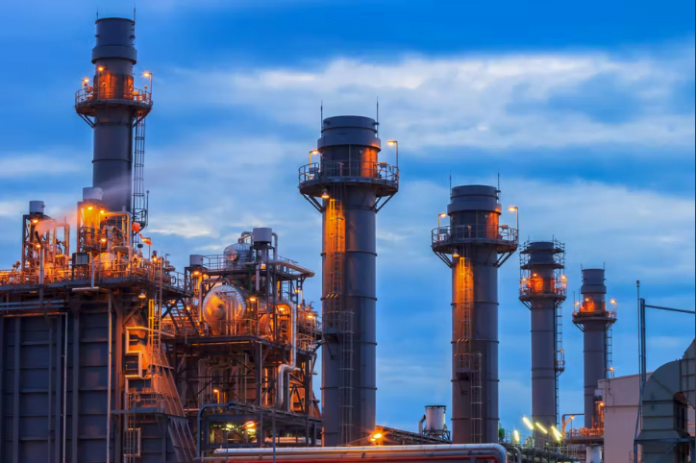Comment by Robin Hayes
CAPE Business News has written extensively during the past few months of the potential of natural gas as a contender to alleviate the crisis in electricity supply that is plaguing the nation.
Space was afforded to the chief executives of the two companies exploiting the gas reserves – Renergen in the Free State and more recently, Kinetiko & African Energy in Mpumalanga, who both clarified the quantity and availability of their respective natural gas reserves – and they are massive. (See CBN March and June for the full interviews.)
In this issue, the nod was given to gas to power in a statement from the Regional Sales Executive for GE Gas Power Sub-Saharan Africa highlighting the potential of CCGT (Combined Cycle Gas Turbine) power plants (Ready for generation, but who forgot the fuel?)
The latest information to hand (20 June) is the release of a new study report from Meridian Economics entitled: Hot Air About Gas – an economic analysis of the scope and role for gas-fired power generation in South Africa. (The full report can be accessed by visiting: https://meridianeconomics.co.za/wp-content/uploads/2022/06/Hot-Air-About-Gas.pdf)
While there is no panacea for our energy woes, the report attempts to make a cast iron case for wind and solar with much detailed information and stats on it being the cheapest energy R/MW, but fails (in my first reading,) to justify the full cost of renewables which have to include storage if renewables are to become the prominent energy supply of the future. Gas power is somewhat relegated to peak lopping and filling in when the sun doesn’t shine or the wind doesn’t blow, at least up to 2030. No mention is made of nuclear which to me is the absolute renewable.
Clutching at straws?
Amid what seems like analysis paralysis from the DMRE (The Department of Mineral Resources and Energy) and the shocking revelation that the Gas Master Plan hasn’t yet been updated since 2012, yet is still being used as a blueprint (according to a Department spokesperson due to “a lack of resources” to update the document,) it is hardly surprising that in the absence of a fundamental ‘plan’, those with a vested interest in energy supply should be punting their particular cause(s).
The energy stage has many players from those such as Andrew Kenny who is a climate change denialist to those who punt wind and solar as the be all and end all.
The Meridian study makes the point ‘Before any decision is taken to procure gas-fired power generation, we therefore recommend that relevant policy documents including the Gas Master Plan and the Integrated Resource Plan for electricity be updated to reflect the true, current reality of the cost of gas, diesel and renewable energy, and the available carbon space.’
Amen to that.
